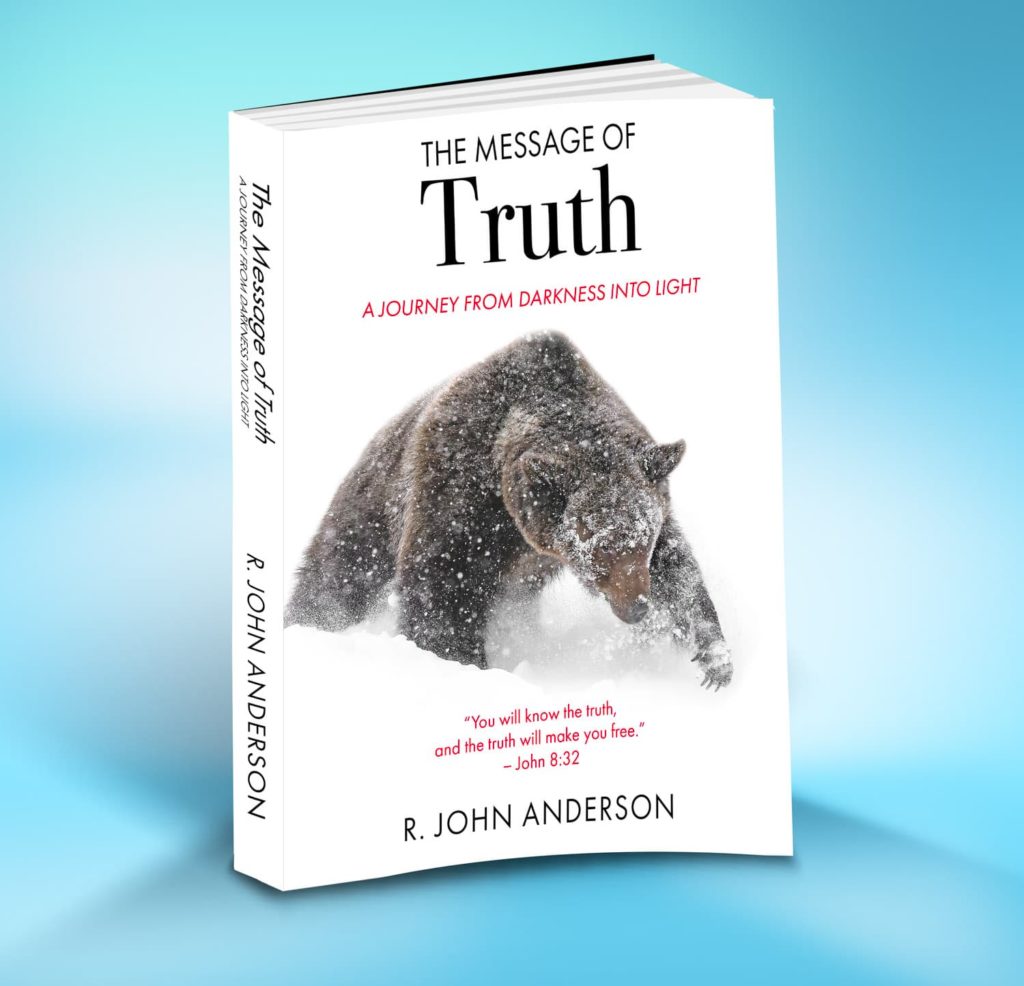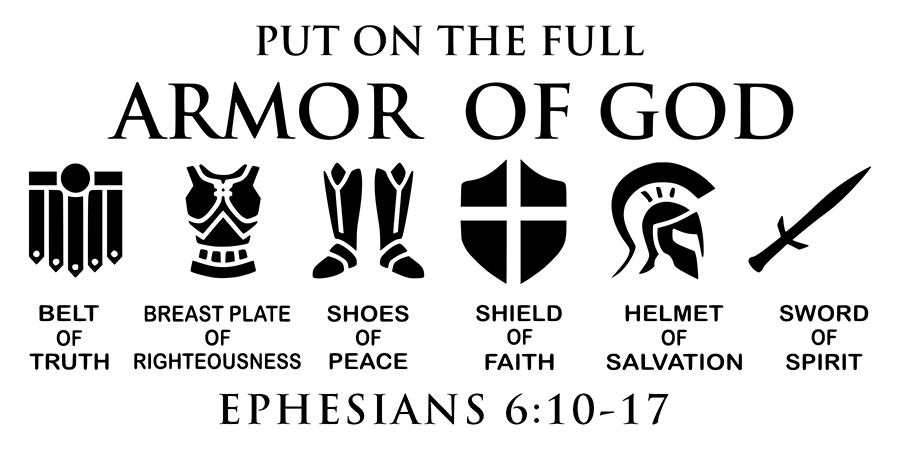You are in Beware the Wolves -> List of False Teachings
This group falsely proclaims that the 1611 King James Bible is the only accurate and inerrant English language translation Bible ever made. This “KJV Only” sect claims (loudly and ferociously) that all other English language Bibles are completely corrupt and not to be trusted or used at all. They also condescendingly issue a lot of very vocal threats and noise about your condemnation and damnation to hell if you read or use any other English language Bible today! While I appreciate (and strongly support) their desire to keep the Word of God free from error and corruption, their argument and teaching are without merit and logically inconsistent. Their claim is not only false, but it also cannot even be defended by well-formed logical reasoning. And are we really to believe that the Sovereign Lord God Almighty of the entire universe stopped protecting the sanctity of His Holy Word in the year 1611? And only in the English language? Ridiculous! Preposterous! Please use just a little common sense here: does it sound logical to you that the Lord would stop protecting the sanctity of His Word in 1611 and only in the English language? I hope you see the absurdity of their position.
Furthermore, and here their own logic fails even further: what about readers of other languages? Are they all just left out in the dark by God? How does the Spanish, German, or French language reader handle the claim that the KJV Bible is the only Bible that can ever be used? Must they learn English if they want to read the Word of God? It always amazes me when I ask them that question. They look at me like I have three eyes and two heads and just spoke to them in an unknown tongue – because they, of course, have no logical answer to that question.
It’s also a historical fact that there were publishing/printing errors in the 1611 KJV Bible, and a number of unfortunate word translation choices were made in it. With just a little research, you can find these errors documented for yourself. In fact, subsequent revisions of the 1611 KJV were made specifically to correct many of these printing errors. Here is an example regarding the “unicorn” word used in the KJV Bible: [1]
The term “unicorn” is found nine times in the King James Version of the Bible (Num. 23:22; 24:8; Dt. 33:17; Job 39:9-10; Psa. 22:21; 29:6; 92:10; Isa. 34:7). However, unicorn does not appear at all in the American Standard Version, nor in most other more modern versions. This should be a signal that the “problem” is one of translation, rather than a problem with the original, biblical text.
In ancient mythological literature, the unicorn was a horse-like animal with a prominent horn protruding from the center of its forehead. There is no evidence that this creature is alluded to in the scriptures.
In the Hebrew Old Testament, the word that is found in the texts referenced above is re’em, which is translated “wild ox” in the later versions. Most scholars believe the term refers to a large, fierce ox of the ancient world — a beast that now is extinct.
The translators of the Greek Old Testament (Septuagint) rendered re’mes by the Greek term monokeros (“one horn”), on the basis of certain pictographs which were among the ruins of ancient Babylon. The carvings depicted the “wild ox” in profile form, thus seeming to suggest that the creature had but a single horn (Pfeiffer et al, 1999, p. 83). [2] Out of this background derived the “one horn” perception.
Biblical evidence, however, indicates otherwise. Note that in Deuteronomy 33:17, the re’em is described as having “horns” (plural), not a single horn.
So, while I recognize that the KJV Bible was nearest (temporally) to the Protestant Reformation, a time when many of the translators and publishers of the Bible paid for their faith (and their Bible translations) with their own lives, that is not a valid defense for the “KJV only” claim. It is true that the Word of God has always been under attack by men who seek to discredit it or twist it to suit their own agendas. So, I do agree they have a valid concern that modern Bibles are subject to corruption. I also agree with them that the threat of corruption is high today as the message of Christ faces increased hostility from the world, and it is also true today that nearly all of the publishers of Bibles have non-Christian owners, which further increases the risk of corruption of God’s Holy Word. For an example of this, compare Colossians 1:14 across multiple modern versions and notice how the mention of the blood of Christ has been suppressed in many of them. However, this concern of corruption by translators, editors, and publishers is not suddenly a new concern that started after the year 1611 – witness the corruption of the Latin Vulgate (which happened way before the KJV version) to support the peculiar doctrines of the Roman Catholic church.
We must remember that language continually evolves. What English words used to mean several hundred years ago doesn’t always match what they mean now. For a dramatic example, see the snippet below from the original Old English version of the Beowulf poem: [3]
Hwæt! Wé Gárdena
þéodcyninga
hú ðá æþelingas
Oft Scyld Scéfing
monegum maégþum
egsode Eorle
féasceaft funden
wéox under wolcnum·
oð þæt him aéghwylc
Yes, that is written in English – more specifically, it is written in what is called “Old English” of A.D. 1000. I think you will agree that you can scarcely recognize even one single word of it, let alone understand it. Later translations of that same poem are also available, but even they are starting to become harder for many to read today. Aren’t we glad that the Lord didn’t arbitrarily decide to stop protecting His Holy Word in only the Old English language and only in the year 1000 A.D.! Now, what makes the year 1611 any different? I think you already know the answer…nothing whatsoever.
One final counter-argument to the “KJV Only” claim is that as time passes, archeologists have uncovered new finds of more ancient scripture texts and scrolls which were previously unknown; these can be used to actually increase the accuracy of newer Bible translations.
So, while there is a certain regal nature to the 1611 KJV Bible, and I use it myself, it is just one of several translations that a careful student of the Bible should be using. If you are happy speaking the King’s English of 1611, then the KJV bible is a good choice for you, but it is important to get a version of the Bible that you can actually read and understand. My first Bible was a NASB Bible. That is the Bible I used when I first accepted Christ, and it is also the one I still read the most today. Please see the chapter on Choosing a Bible for more information; that chapter also explains how to address the issue of Bible corruption. It must again be noted that the adage where you find one false teaching, you will almost always find others as well, has been born out in my experience with the “KJV Only” advocates. Therefore, when I see the “KJV Only” false teaching, I know other false teachings (often of a much more serious nature) are lurking nearby from the same group!









